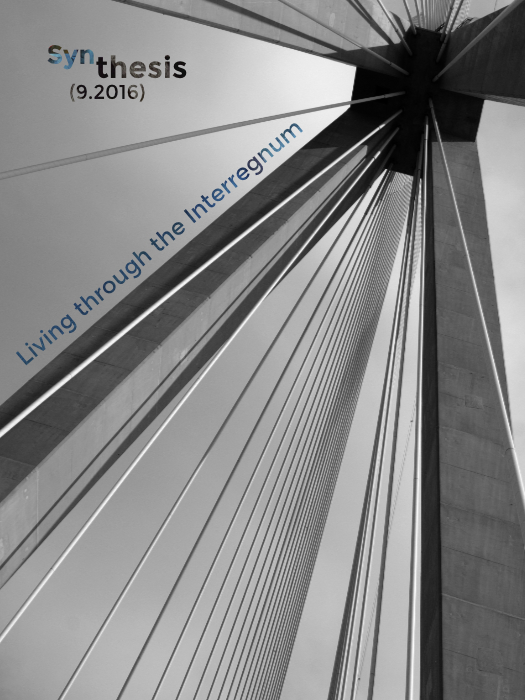Acropolis Remapped: on a Democratic Politics of Resistance

Abstract
In 2010, forty-eight years after Jerzy Grotowski's iconic 1962 performance of Stanisław Wyspiański's Akropolis, Greek director Michael Marmarinos presented to the Athenian audience Acropolis: Reconstruction. In his homage to the Polish director, Marmarinos asked the question that Grotowski (and Wyspiański before him) had raised: what is the contemporary Acropolis? Marmarinos’s Acropolis observes the ruins of contemporary Athens; frustrations, tensions and other dramaturgies of the crisis that was beginning to transform the urban fabric of the Greek capital. In this article, I map the in-crisis restructuring of Athens in dialogue with Acropolis: Reconstruction. Employing Deleuze’s idea of a ‘minor or minimising treatment’ of the classics, I examine the becoming-ruins of monuments in a city in crisis, by searching for the contemporary acropolises not in the ruins upon the hill (the remains of classical Athens and the symbol of its democracy) but in the ruins in its shadow.
Article Details
- Section
- Articles

This work is licensed under a Creative Commons Attribution 4.0 International License.
The copyright for articles in this journal is retained by the author(s), with first publication rights granted to the journal. By virtue of their appearance in this open access journal, articles are free to use with proper attribution. Synthesis retains the worldwide right to reproduce, display, distribute, and use published articles in all formats and media, either separately or as part of collective works for the full term of copyright. This includes but is not limited to the right to publish articles in an issue of the Journal, copy and distribute individual reprints of the articles, authorize reproduction of articles in their entirety, and authorize reproduction and distribution of articles or abstracts thereof by means of computerized retrieval systems.



